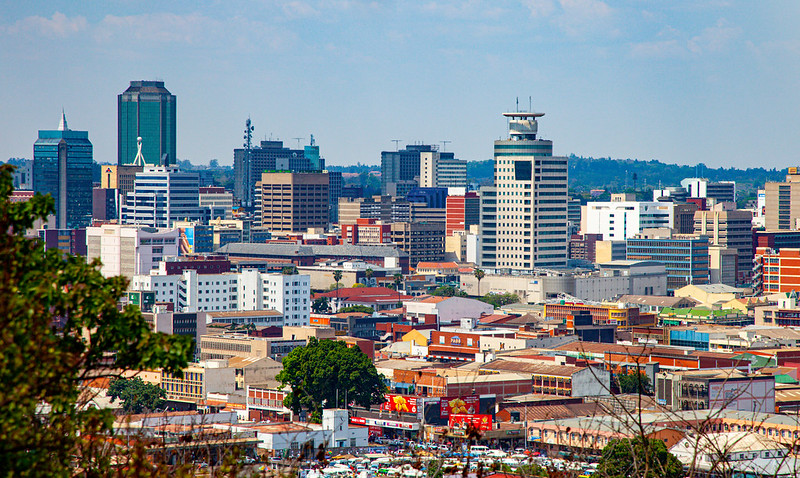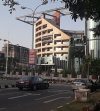The African continent has enormous potential and remains an attractive destination for investors, despite complex national contexts and geopolitical changes. Africa is the most profitable region in the world, according to the OECD.
Africa faces exogenous shocks that negatively impact its growth and socio-economic development. The Covid-19 pandemic has notably compromised the sustained growth recorded by the continent for a quarter of a century and the Russian-Ukrainian war poses the threat of an acute food crisis to African populations. These are some of the points raised on Thursday, November 3, 2022, during a session organized on the occasion of the third edition of the Africa Investment Forum, which is being held from November 2 to 4 in Abidjan, Côte d’ Ivory.
Entitled “Trade and Investment – How can Africa be more competitive in a global context?” The session was marked by opening statements from the Ivorian Minister in charge of Trade, Handicrafts and Small and Medium Enterprises, Souleymane Diarrassouba, the President of the African Export-Import Bank (Afreximbank) Benedict Okey Oramah, and Secretary General of the African Continental Free Trade Area Wamkele Mene.
A panel then brought together Admassu Tadesse, President of the Trade and Development Bank (the East African Trade and Development Bank), Rajakumari Jandhyala, President of YAATRA Ventures (a platform that offers investors a particular approach to deploying capital in energy, infrastructure and value-added opportunities in Africa and emerging markets), Mohan Vivekanandan, Director of the Development Bank of Southern Africa and Bernard Ayitée, Chairman and CEO of Obara Capital (an investment fund that offers alternative solutions and financing to African companies and countries).
With a predominantly young population, a quarter of the world’s population expected to live in Africa by 2050, and the advancing African Continental Free Trade Area, the continent’s potential in the global economy is growing. The continent contains 65% of the world’s unexploited arable land, minerals, some of which (cobalt, lithium) are essential for the production of batteries, and is the world leader for certain agricultural products (cocoa, coffee, cotton, essential oils, mahogany) .
Africa has relatively low production costs, underlined Minister Souleymane Diarrassouba: “Africa is the most profitable region in the world, according to the OECD. Investors from the continent and beyond must seize its huge investment opportunities,” he stressed.
The President of Afreximbank pleaded for a change at last in the discourse that tends to marginalize the continent and called on African countries to redouble their efforts so that the free trade area becomes fully operational. And no longer lag behind in regional integration compared to other regions of the world.
Representing a market of 1.3 billion consumers, this free trade area will make the continent more globally competitive for foreign direct investment and free up trade flows, argued Wamkele Mene, before pointing out that certain costs transactions had already fallen since the entry into force of the agreement. He announced the holding of the 3rd Inter-African Trade Fair, this November in Abidjan. According to him, African countries must develop value chains in productive sectors such as agriculture, mining or energy.
Heads of banking and financial institutions, meanwhile, highlighted how the continent can leverage ambitious trade policies and innovations in financial services to facilitate the flow of capital to development projects. . They highlighted the significant progress made by banking institutions in infrastructure investment.
The head of the Trade and Development Bank cited investments in gas projects in Mozambique and thermal energy in Tanzania. “Hope is allowed. The level of collaboration and co-financing is high,” assured Admassu Tadesse.
YAATRA Ventures highlighted its investments in energy security in Uganda, noting that African investors’ perception of risk differs from that of Western investors.
While African financial institutions have a real role to play in long-term investment on the continent, it is up to African countries to create an enabling environment to attract domestic and international investment, panelists agreed.
Source: African Development Bank Group (AfDB).




















Réagissez à cet article